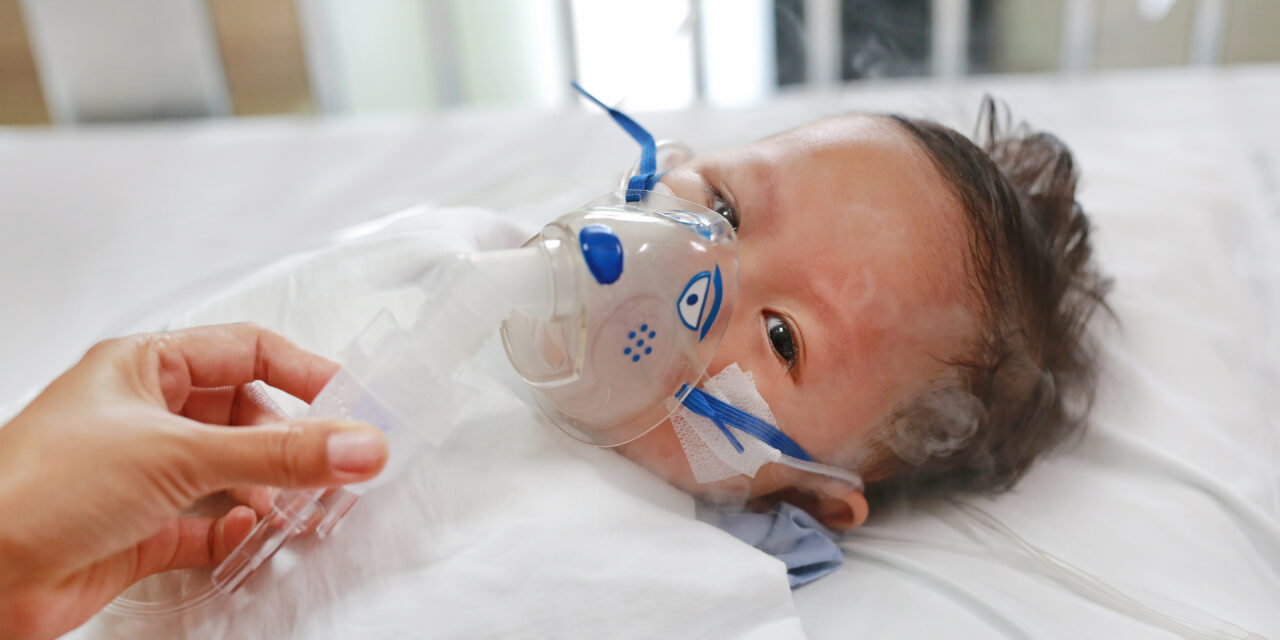By Annette Pinder
Respiratory Syncytial Virus (RSV) is a highly contagious virus that can lead to respiratory illness and lung infections in babies. Without a fully developed immune system, all babies under one year, even healthy ones, are at serious risk of getting RSV. The virus is most common during the winter season, from November to March. RSV symptoms can quickly escalate from appearing like a cold, to hospitalization, in less than a week, and two in three babies will get RSV before the age of one. RSV is the second leading cause of death during the first year of a child’s life, after malaria. Between 100,000 and 200,000 babies die from RSV yearly, and 58,000 children ages five and under are hospitalized.
RSV can also cause serious illness in older individuals, and in those with chronic medical conditions such as lung disease, COPD, asthma, cardiovascular diseases, neurologic or neuromuscular conditions, kidney disorders, liver disorders, hematologic disorders, and diabetes. RSV accounts for 14,000 annual deaths in the U.S. in adults over age 65, affects 64 million people globally each year, and causes 160,000 deaths.
RSV symptoms can include a runny nose, sneezing, congestion, coughing, fever, decreased appetite, and wheezing. In babies with RSV, the only symptoms may be irritability, decreased activity, and breathing difficulties, according to the CDC. It is spread by an infected person through coughing, sneezing, touching, or kissing, and is contagious for three to eight days. While symptoms in healthy individuals are typically mild, RSV can cause bronchiolitis (inflammation of the small airways in the lungs), making breathing nearly impossible. Those severely affected compare the feeling to drowning.
The U.S. Food and Drug Administration (FDA) recently approved an RSV vaccine for adults ages 60 or older. Additionally, people who are pregnant can receive an RSV vaccine during week 32 and week 36 of pregnancy to protect their infants through the first six months of life. Additionally, babies up to eight months of age who are entering their first RSV season can get an RSV immunization that is not a vaccine, but rather a dose of RSV protective antibodies. A second dose may be recommended for toddlers before entering their second RSV season if they have lung, heart, or immune issues.
In addition to receiving the RSV vaccine for those who are eligible, it is important to practice good hygiene to keep this highly contagious virus from spreading. As with COVID-19 or the flu, the suggestions are the same. Wash your hands with soap and water for at least 20 seconds, keep your hands away from your face, and use hand sanitizer. Cover your mouth or wear a mask. When you feel the urge to cough or sneeze, either use a tissue or your upper shirt sleeve to cover your nose and mouth. Practice social distancing at about 6 feet when out in public areas, and stay home if you feel sick.
Talk to your provider or pediatrician about RSV. Learn more about RSV, updated flu and COVID-19 vaccination recommendations this season at https://tinyurl.com/4dm45j64. Find a vaccine near where you live at www.vaccines.gov.












